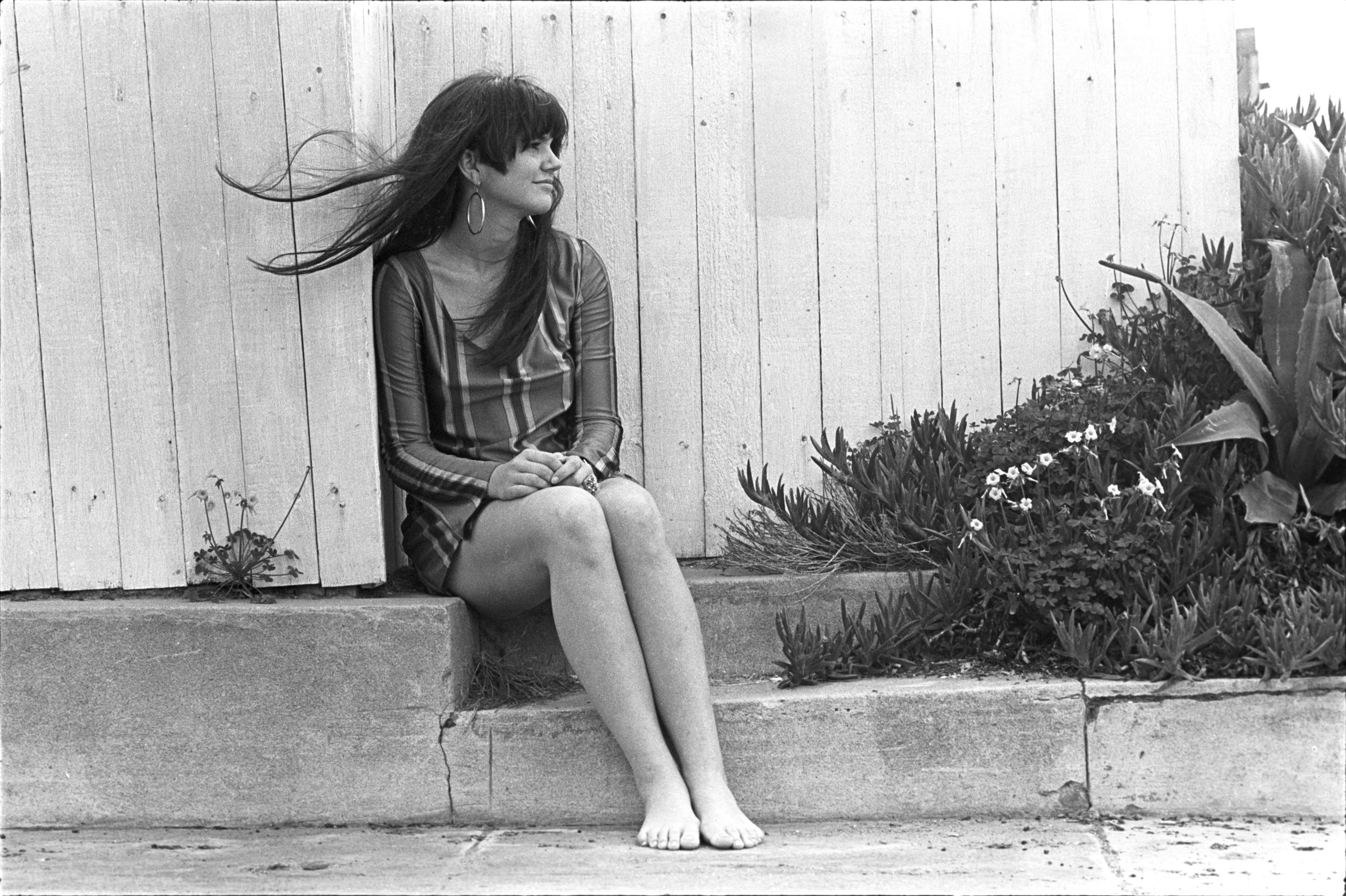
A Quiet Yearning for Clarity in a World Complicated by Longing
Upon its release in 1977 as the title track of Linda Ronstadt’s eighth solo album, Simple Dreams, “Simple Man, Simple Dream” did not chart as a single—yet its understated beauty and introspective melancholy remain etched into the emotional bedrock of the album, which itself soared to No. 1 on the Billboard 200. Nestled among blockbuster covers like “Blue Bayou” and “It’s So Easy,” this lesser-known gem reveals another layer of Ronstadt’s artistry: her deep sensitivity to emotional nuance and her gift for rendering quiet heartbreak with devastating clarity.
The song, written by John David Souther, one of Ronstadt’s closest collaborators and former romantic partners, is a meditation on love pared down to its essence—stripped of artifice, unburdened by expectations. With Souther’s spare, poetic lyricism and Ronstadt’s haunting delivery, “Simple Man, Simple Dream” stands as a masterclass in emotional restraint. It tells the story not through dramatic crescendos but through silence and space—through what is unsaid as much as what is sung.
Souther’s songwriting often explores the fraught terrain of love that cannot find purchase, and here he crafts a character—a “simple man” whose dreams are pure but unattainable. “I am a simple man / And I dream simple dreams,” Ronstadt sings with an aching vulnerability that suggests both identification with and distance from the narrator. Her voice becomes a vessel for his quiet yearning, lending it a feminine tenderness that blurs the lines between observer and participant. The ambiguity is part of the song’s allure: is she singing for him, or has she become him?
Musically, “Simple Man, Simple Dream” is an exercise in minimalism. The arrangement is gentle and sparse—acoustic guitar figures float like distant memories while subtle steel guitar weaves in and out like wisps of unspoken emotion. There is no need for dramatic flourishes; the song’s power lies in its restraint. This sonic simplicity mirrors the lyrical theme: uncomplicated dreams brushing up against the complexities of real-world love.
While it may not have garnered commercial attention in its own right, “Simple Man, Simple Dream” plays a crucial role in the emotional architecture of Simple Dreams, grounding the album’s broader themes of longing and loss. It is not just a song—it is a whispered confession, a moment of stillness amidst fame’s roaring storm.
In listening to it now, decades removed from its creation, one cannot help but feel that timeless ache—the desire for something pure in a world always just out of reach. In capturing that sentiment so exquisitely, Linda Ronstadt offered more than music; she gave us a mirror held up to our simplest dreams.